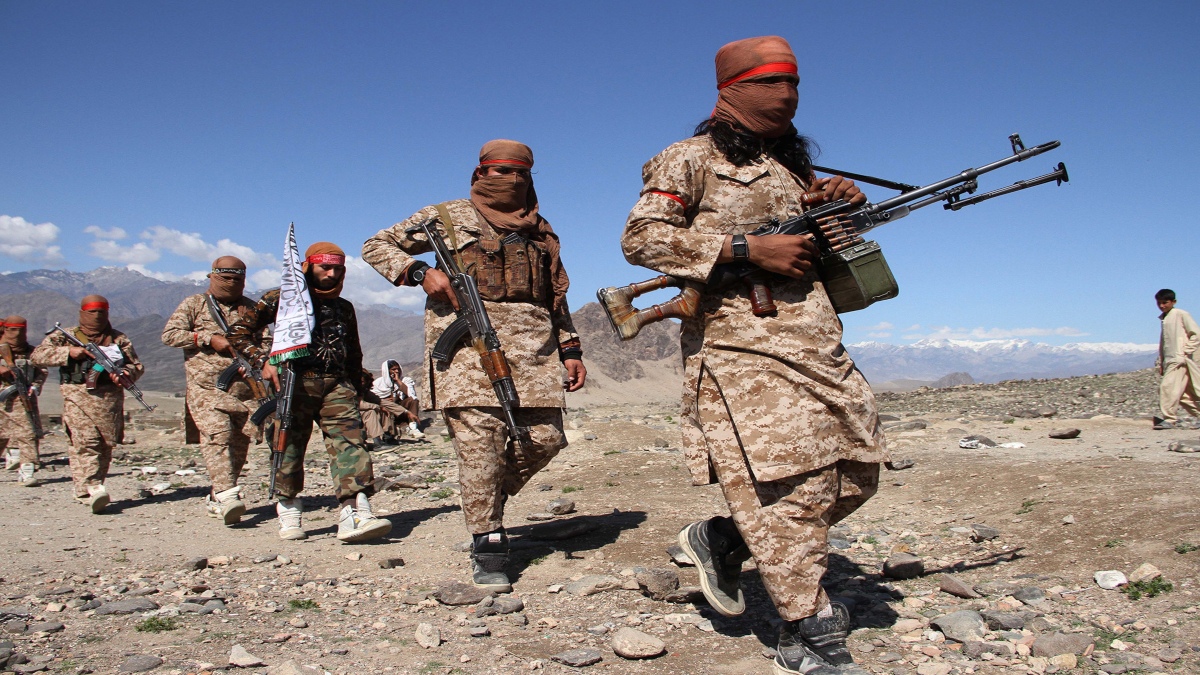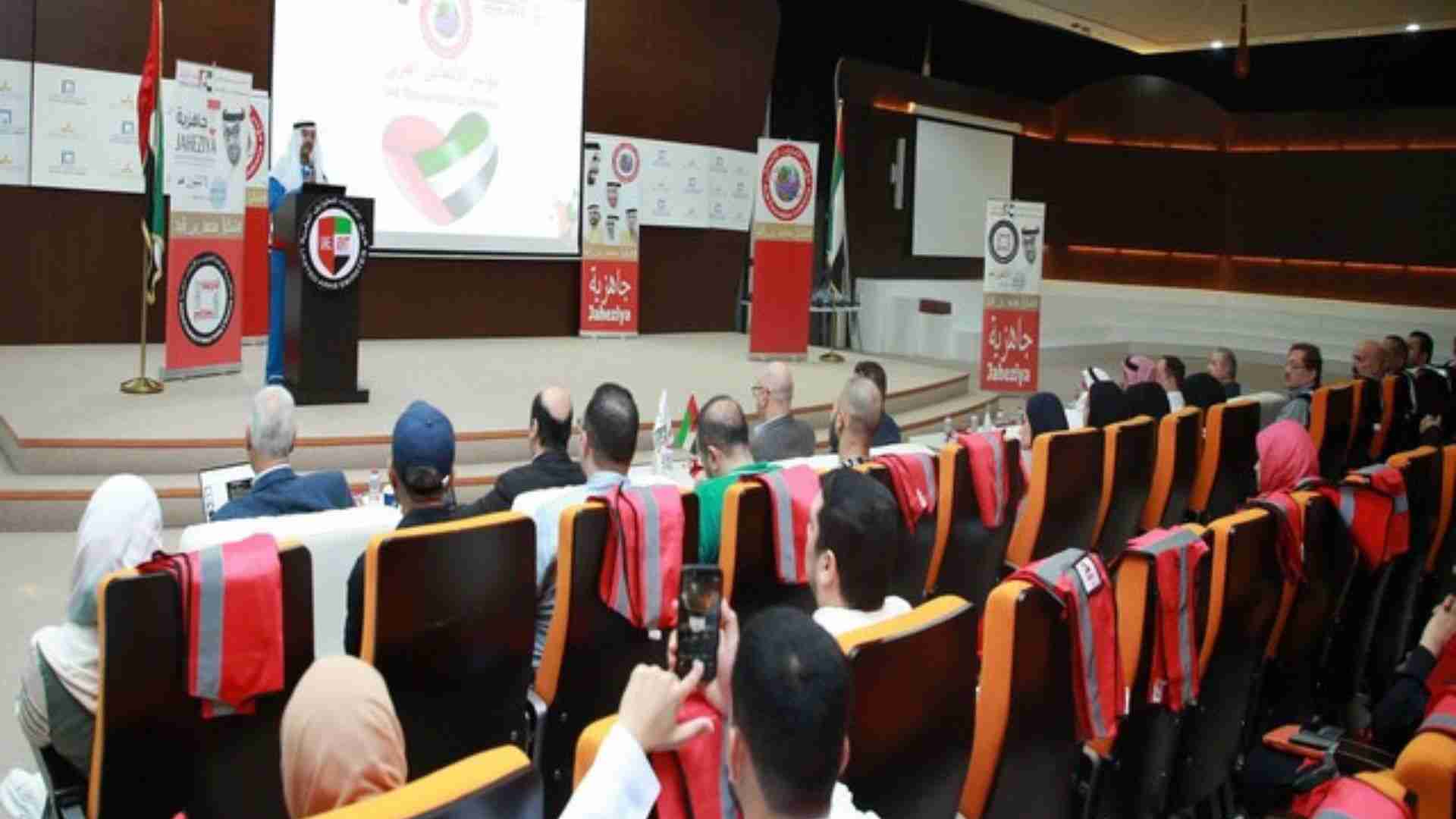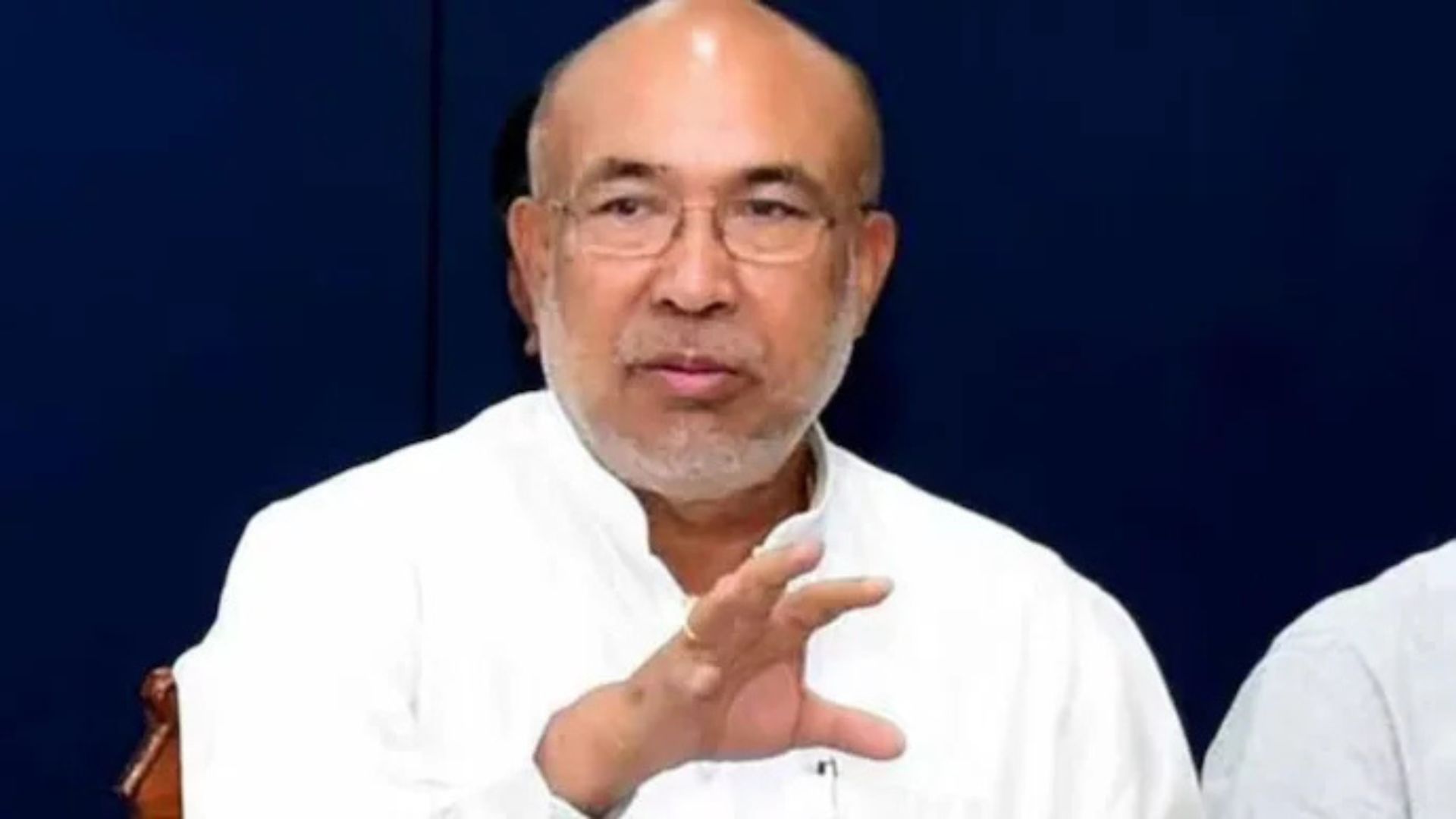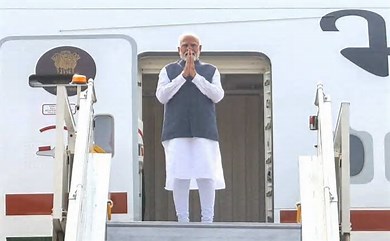
After the killing of Al-Qaida chief Ayman al-Zawahiri in Kabul, the US Secretary of State Antony Blinken’s statement sufficiently described the Taliban regime in Afghanistan. Blinken said that “the Taliban grossly violated the Doha Agreement by hosting and sheltering al-Qaida’s top leader Ayman al-Zawahiri.” What Blinken suggested was that the Taliban miserably failed to fulfil its counter-terrorism assurances. Rather, the killing of Zawahiri exposed Afghan rulers’ nexus with al-Qaida. In fact, the US was reportedly using the Taliban as an ally in its fight against terrorists in Afghanistan after withdrawal of its troops from the war-ravaged country. But the revelation that Zawahiri was living in a Taliban safe house came to the Biden administration as a stunning blow. This is understandable from whatever Blinken said regarding the Taliban.
Significantly, the development took place in Kabul days after External Affairs Minister S. Jaishankar told a gathering of foreign ministers from various countries including Pakistan, China and Afghanistan at SCO meet in Tashkent that “zero tolerance” for terrorism in all its manifestation is a must. He actually reminded all the countries in India’s neighbourhood of New Delhi’s expectations from them on terrorism. And, the expectation is that all they should show zero-tolerance towards terrorism. But the report about Taliban sheltering al-Qaida chief established that the regime of the ‘Taliban 2.0’ failed to keep its promise not to allow Afghan soil to be used for terror activities. Afghanistan’s acting foreign minister Amir Khan Muttaqi had given the visiting Indian delegation a clear-cut assurance that his country’s soil will not be allowed to be used by any terrorist organisation against any country including India. There were some expectations in certain global quarters that the Taliban 2.0 is an updated version of the old and original Taliban. The world was watching to see how this new version of Taliban works on the policies of terrorism, women, minorities and other issues. But the Zawahiri episode delivers a different story altogether. This has given the Indian security establishment officials a sound reason to highlight concern that the facilities which were given to Zawahiri in Kabul may be extended to Pakistan-based terror outfits such as the Jaish-e-Mohammed and Lashkar-e-Tayyaba which are mainly targeting India. The extremely close ties between the Taliban and al-Qaeda are evident from the fact that Zawahiri was stationed in a posh Kabul neighbourhood. This kind of bonhomie between the Taliban and a dreaded terror organisation is definitely against Indian interests. Experts suggest that the happening in Kabul is not going to stall “the India-Taliban peace overtures” which saw the reopening of the Indian embassy in Afghanistan. The Ministry of External Affairs (MEA) had made it clear that the visit of Indian envoys to Kabul was only to help coordinate India’s humanitarian assistance for the Afghanistan people. What is indicated is that India is surely going to be more cautious in dealing with the Taliban in future. However, India’s focus will only be on humanitarian assistance in Afghanistan so as to help address the problems facing the people of the war-torn nation. Even Blinken stressed on the same, saying “In the face of the Taliban’s unwillingness or inability to abide by their commitments, we will continue to support the Afghan people with robust humanitarian assistance and to advocate for the protection of their human rights especially of women and girls.” The foreign policy officials in India must be taking a detailed view of the development in Afghanistan. New Delhi needs to keep doing reality checks to see whether Afghanistan still continues to be safe haven for the terror organisations which are involved in anti-India activities.
With its investments worth billions of dollars over the past 20 years, India needs to protect these investments, for which operation of its embassy and engaging with the Taliban is mandatory. However, New Delhi will not show any haste in extending recognition to the Taliban government in Kabul, even though they have been behaving well with India obviously in quest for the recognition. The engagement is not an endorsement. What is advisable is that India should now be on wait and watch mode to see how the US and other countries of the global community go ahead with their policy on the Taliban in the wake of the killing of Zawahiri. After all, it is a security concern for India if Afghanistan continues to be a safe haven for terror outfits like al-Qaida, LeT, JeM and Haqqani Network. India needs also to focus on how the Taliban-Pakistan ties play out.















